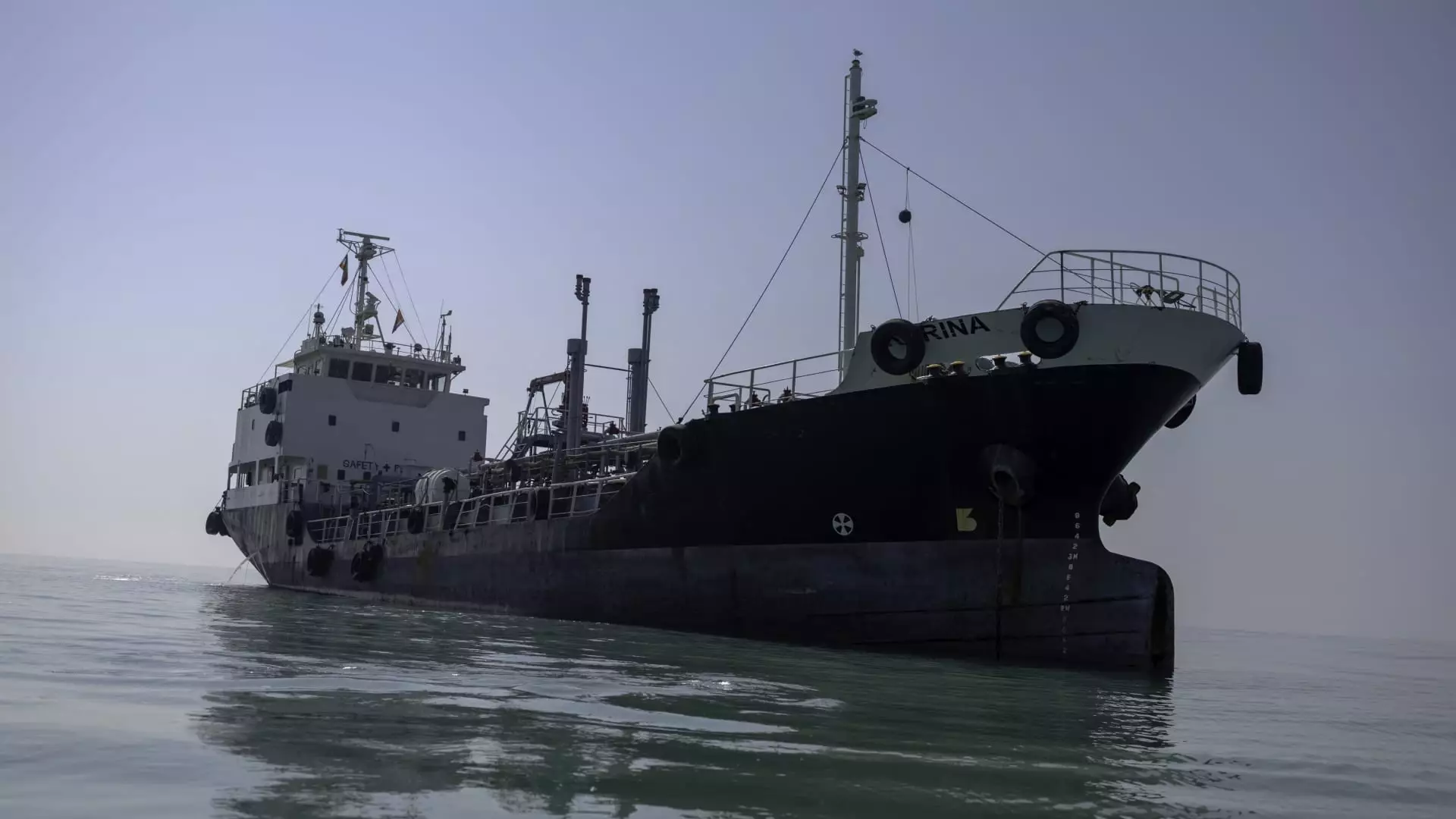The recent conflict escalation between Israel and Iran has plunged maritime operations into a chaotic financial landscape. With the stakes higher than ever, marine insurers are rapidly adjusting their pricing models. Insurance costs for vessels navigating the Red Sea and Persian Gulf have jumped dramatically—from 0.125% to 0.2% of the ship’s value, a clear indicator of an industry in crisis. This isn’t mere speculation; it’s a reflection of the growing instability and the looming specter of war. In a world where volatility has become the norm, underwriters are now offering coverage with an urgency that drastically shortens the lead time for quotes, reducing it from 48 hours to just 24. Such shifts are telling; they signal a fear that further tumult looms just around the corner.
Waves of Uncertainty
The ramifications of this escalating strife are not confined to regional players but ripple globally, unsettling maritime trade routes critical to energy supplies. The Strait of Hormuz, a vital artery for oil transportation, finds itself at the heart of this growing unease. With an increase in war risk rates for the region, shipping companies are beginning to take a more cautionary approach—making decisions that could hinder global oil transport. If ships begin to steer clear of this crucial passage, we could witness a catastrophic increase in global energy prices. The industry’s trepidation signifies not just about insurance premiums but rather a broader concern for global economic stability.
Vigilance in the Fog of War
Marcus Baker, the global head of marine, cargo, and logistics at Marsh, has remarked on the somewhat precarious situation where risks are still deemed manageable. This optimism, however, comes across as naivete in the face of an ongoing conflict that has shown little sign of de-escalation. The idea that the situation remains “contained” should raise alarm bells—even a small spark in this powder keg could ignite a conflagration that disrupts not just regional but global markets. The willingness of stakeholders to keep cargo flowing while downplaying risks presents a precarious balancing act, one that could easily tip toward disaster.
Fatigued Foundations: A Call for Critique
It is worth considering whether the political narratives surrounding this conflict are genuinely reflective of its realities. The Israeli government insists it is not pursuing regime change but rather aims to eliminate Iran’s nuclear capabilities. This narrative, however, often comes steeped in ulterior motives that warrant scrutiny. For every promise of limited action, there lies an undercurrent of militarism that can easily spiral further into hostilities. The rhetoric from both sides often serves as a smokescreen for deeper geopolitical ambitions that seem to embrace chaos rather than stability.
Risking It All for the Status Quo
As shipowners weigh their options, a question arises: Is the temporary gain of avoiding the Strait of Hormuz worth the long-term repercussions? This is a dilemma faced by many in the maritime industry as they are caught between the necessity of trade and the palpable fear of conflict. With the ramifications of conflict reaching far beyond immediate insurance costs, it’s critical for decision-makers to take a step back and reassess. Ultimately, in times of heightened tension, it is prudent to invest in diplomatic measures that promote peace—no amount of risk mitigation can substitute for the gains achieved through stability.


Leave a Reply